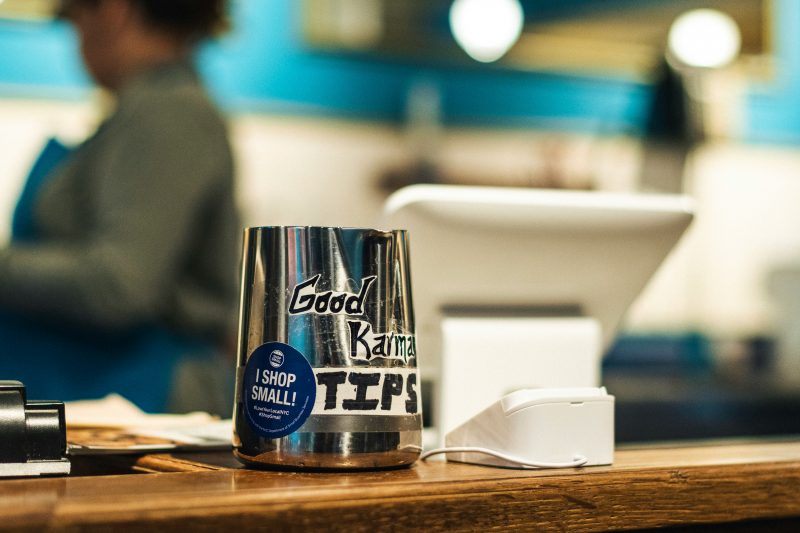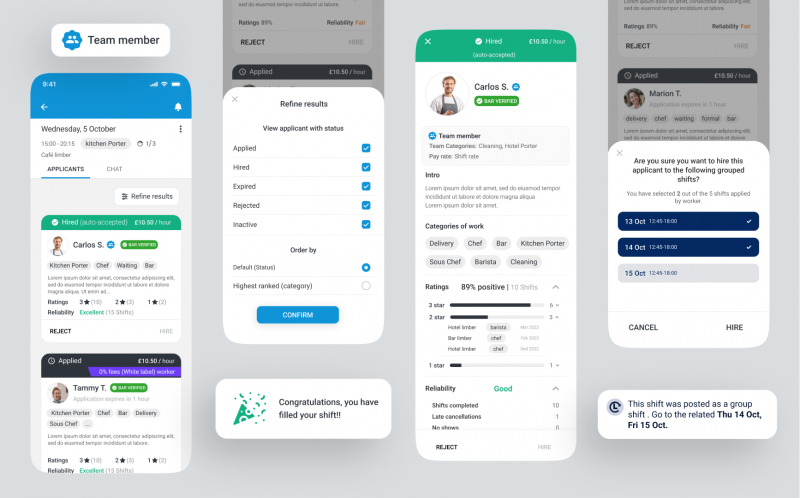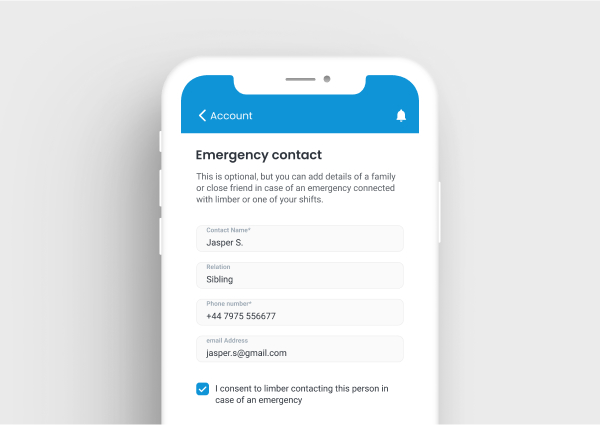Today, Rishi Sunak has announced three NEW measures to support businesses and workers through a second coronavirus spike. The measures are to primarily benefit the hospitality sector, with the aim of providing businesses that are not closed but face tougher restrictions with much needed support. These grants are expected to benefit around 150,000 businesses in England.
In true covid-annoucement style, current guidelines are as clear as mud, so to save you the sheer pain of sifting through them, we’ve put together a summary of what’s available.
The new measures are as follows:
Cash grants will be available to firms in TIER 2 areas, for all affected hospitality, accommodation and leisure premises. Any region which has been under restrictions can backdate their claim to August (but it’s not yet clear how to apply for these grants.)
The funding Local Authorities will receive will be based on the number of hospitality, hotel, B&B, and leisure businesses in their area. It will be up to Local Authorities to determine which businesses are eligible for grant funding in their local areas, and what precise funding to allocate to each business.
The amount of funding available to a Local Authority for the Government is based on how many businesses exist in that Local Authority on the following banding:
- For properties with a rateable value of £15,000 or under, grants of £934 per month.
- For properties with a rateable value of between £15,000-£51,000, grants of £1,400 per month.
- For properties with a rateable value of £51,000, grants of £2,100 per month.
- Plus 5% of the total amount based on the above, which is to be made available to businesses which don’t neatly fit the criteria – eg a supplier to the hospitality sector.
When we move into Tier 2, we’ll no doubt get more information on how the Local Authority wishes to distribute funding, but it seems likely that if you’re a hospitality business with a rateable value of above £51,000, you’ll be eligible for £2,100 per month and so on.
Job support scheme changes (JSS)
There will also be changes to the Job support scheme, for companies experiencing lower demand due to Covid-19. Employees will only be required to work 20% of their normal hours compared to the initial 33% to be eligible. The government will also reduce the amount employers are required to contribute from 33% to 5%, and the scheme will apply to businesses of ALL alert levels. Employers will also continue to receive the £1,000 Job Retention Bonus.
Here’s an example of how will believe it will work based on a 30 hour week at £10ph to ease abacus usage:
| Usual take home pay | Minimum hours/pay | Employer contribution | Government contribution | Take home pay under the scheme |
| £300 (30 hrs at £10 ph) | £60 for 6hrs (20% with 24hrs unworked hrs) | £12 for 1.2 hrs (5% of non worked hours) | £148 for 14.8 hrs (61.67% of non worked hours) | £220 |
Support for the self employed
For self-employed people, the size of the grant they can access will also be doubled to £3,750 – with the amount of average profits they can claim for rising from 20% to 40%.This is a potential further £3.1 billion of support to the self-employed through November to January alone, with a further grant to follow covering February to April.
It’s good to see Rishi dipping into his pockets once again, albeit somewhat chaotically. We will be in touch with further information and support as it becomes available, and you can read the full set of government guidelines here.




